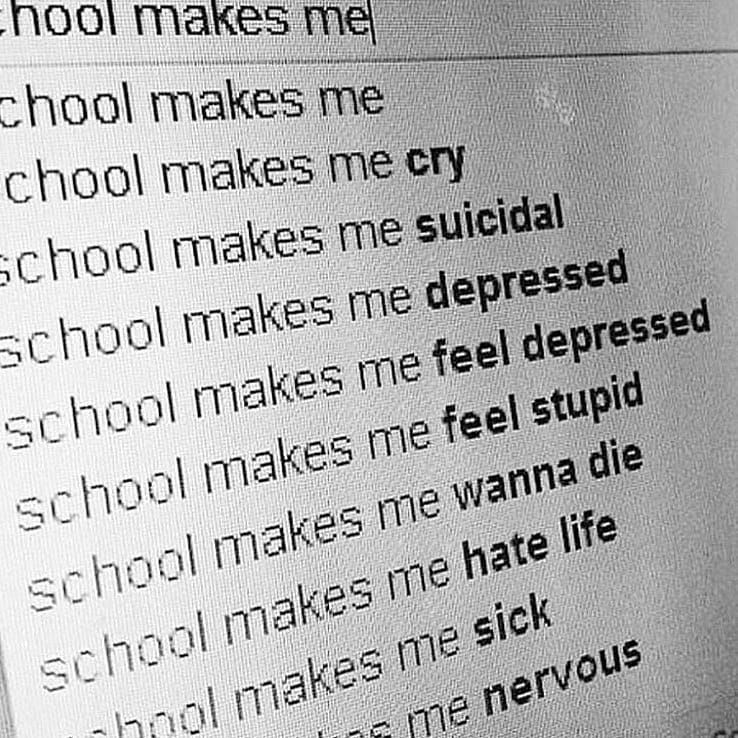I have no identity
Help! Who Am I? 7 Signs That You Suffer From an Identity Crisis
Is an identity crisis normal in our age of social media? Sure, many of us end up creating a bit of a false identity with our Facebook and Instagram accounts, exaggerating our good bits while glossing over the bad.
But what if our inability to be authentic is more than just an online issue? And means we struggle in every part of our life?
What IS identity, really?
Our identity is the way we define ourselves. This includes our values, our beliefs, and our personality.
It also encompasses the roles we play in our society and family. Our past memories, our hopes for the future, as well as our hobbies and interests.
What does a stable identity look like?
To have a solid identity we need to be able to see that we are the same person in our past as we are now, and as we will be in the future. We need to feel the same no matter what our environment.
It doesn’t mean that we act the same all the time. We might be moody, or act differently under stress, or depending on who we are around. We are not, for example, going to act the same around a romantic partner as we act around our parents or colleagues.
But even with these variances in our behaviour and moods, we feel we are the same person underneath.
And if I have identity issues?
A person without a sense of identity can instead feel a disconnect from who they have been, and/or no sense as to who they will become next.
They feel a different person sometimes from day to day. Some report looking in the mirror and finding it hard to believe it is them looking back.
An identity crisis is not related to your personality. You are not born with a uncertain personality. An identity crisis is thought to develop because the environments you grow up in don’t give you the support you need (see the section below, “Why do I have an identity crisis?”).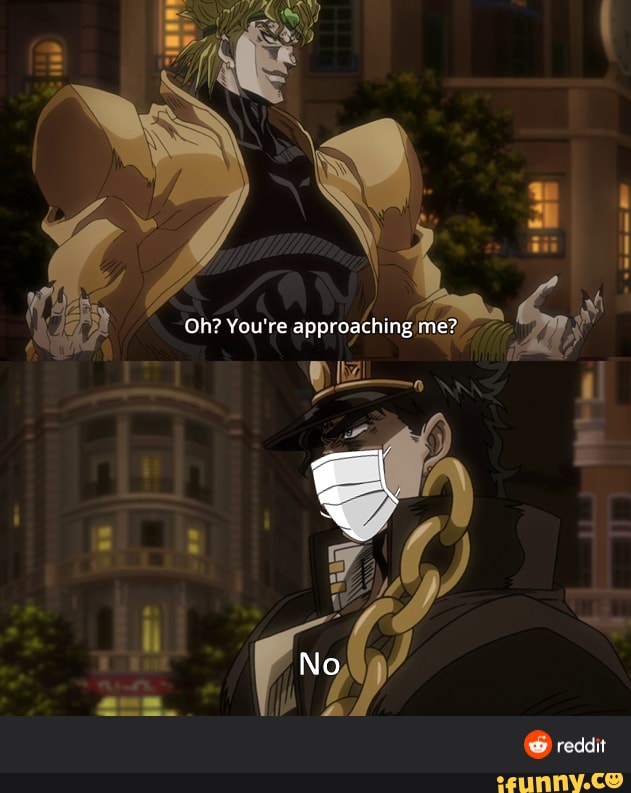
A study published in the International Journal of Development Research looked at how teenagers’ personality dimensions affected their identity, and they found that there was no link to having an identity crisis. [1]
And what does an identity crisis look like?
By: dusk-photography
If we lose our job or a loved one, if we have to move countries and leave our family behind, all these things can leave us so bereft we temporarily lose sight of ourselves.
But a real identity crisis means we don’t develop a solid identity as an adolescent. We then struggle with adult life.
7 Signs That you Lack a Sense of Identity
Check for these seven factors that show you might not have a stable sense of self.
1. You change with your environment.
If you work at one job and everyone is studious and quiet, you will be studious and quiet. If your next job requires you to be chatty and upbeat, it will soon seem as if you were always the social type.![]() It’s as if you are more formed by your environment than your own choices and personality.
It’s as if you are more formed by your environment than your own choices and personality.
2. Relationships mould you.
Likely the sort who feels bereft without a relationship, when you do get into one? You change your hobbies and appearance to match your partner.
You will convince yourself that what they like is what you really like, but you just didn’t know it, even if you have just gone from wearing black and listening to classical to wearing cowboy boots and listening to country.
And if your partner doesn’t like things you’ll give them up, down to changing your friends sometimes. It’s easier to be what they want than admit to your identity crisis.
3. You often have radical shifts in your opinion.
This can include big things like political and religious beliefs, or just your opinion on popular culture and things like food and fashion.
You might even find you change your mind from day to day and never know what you’ll agree with next.
Whether you realise it or not, you will be changing your opinion to please others and find acceptance. Even if you are disagreeing with someone, on a certain level you ascertain they like a challenge so present an opinion that allows for debate.
4. You don’t like being asked about yourself.
It makes you uncomfortable when people ask too many questions about yourself. Perhaps you have developed good tactics for avoiding this, like changing the subject, or turning questions around on to the other person, then just agreeing with them.
5. Your identity crisis means you get bored easily.
At the heart of not having an identity is often a restlessness, as if you are afraid to settle down, incase you commit to the wrong thing that makes your life worse instead of better.
The truth is that as much as you want to know who you are, there is a fear of knowing, too.
6. Your relationships don’t run deep.

If you aren’t sure who you are, you can have a fear that others will find out that you are actually nothing much, and then not like you.
So there can be a lot of self-protection going on that prevents real connection with others, even if you tend to attract a lot of ‘friends’ and are often in a relationship. You will likely suffer a fear of intimacy.
You might also have troubles holding on to a relationship or social circle for too long, or find you hang around with people who control you and tell you what to do.
7. Deep down you don’t trust yourself.
If you don’t know who you are, and you have surprised yourself in the past with your own quick decisions and sudden changes of opinion, you can feel that you can’t even trust yourself.
Why do I lack a sense of identity?Developmental psychologist Erik Erikson coined the term ‘identity crisis’. He theorised the environment a child grew up in was crucial to forming their sense of self awareness and self.
He identified eight stages to psychosocial growth that all build on each other. Each offers us a positive outcome if we experience it properly. In the teenage years, we hit the level called ‘Identity vs. Role Confusion’. This is where we learn to be true to ourselves.
But if we have not had the healthy environment required to learn the crucial lessons of the earlier levels of our childhood, it will be far less likely we succeed, and we end up entering our adulthood confused about who we are.
For example, from birth to one years old, is the ‘Basic Trust vs Basic Mistrust” stage. If our caretakers don’t give us a reason to develop trust, we grow up in a world we see as unreliable, we don’t have a stable base.
By: Sarah
Borderline personality disorder and identity issues
As well as an unstable identity:
- Are you extremely sensitive?
- Can your emotions change quickly and suddenly?
- And do you have a strong fear of abandonment?
- Was there perhaps trauma in your past, like sexual abuse?
You might have what is called ‘borderline personality disorder‘ (BPD) or ‘emotionally unstable personality disorder‘. This leads to intense difficulties with relating, and can leave you lonely and convinced everyone is against you, even when they aren’t.
This leads to intense difficulties with relating, and can leave you lonely and convinced everyone is against you, even when they aren’t.
A study on 95 people with borderline personality disorder found that the main identity disturbance factors in those with BPD are role absorption (defining yourself in terms of a single role or cause), painful incoherence (you don’t feel ‘whole’), inconsistency (confusing thoughts, feelings, and behaviours) and lack of commitment. [2]
If this sounds like you, it’s important to seek support. Read our article, ‘What Therapies Work for BPD?‘.
Are you in the midst of one long identity crisis? We connect you with some of London’s most highly regarded talk therapists. Or use our booking site to find UK-wide registered therapists and online counsellors you can chat to no matter where you live.
Still have a question about having an identity crisis? Or want to share your experience of identity issues with other readers? Use the comment box below.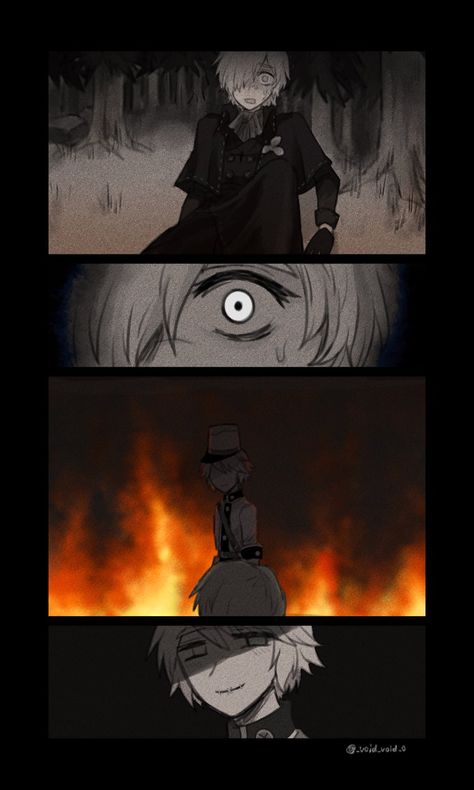 *Note that we can not provide free counselling services over the comment box. *
*Note that we can not provide free counselling services over the comment box. *
Written by Andrea Blundell. The lead writer and editor of this site, Andrea Blundell is trained in person-centred therapy and group coaching.
Footnotes
[1]International Journal of Development Research Vol. 3, Issue, 10, pp.126-129, October, 2013.
[2]Identity Disturbance in Borderline Personality Disorder: An Empirical Investigation. Tess Wilkinson-Ryan and Drew Westen. American Journal of Psychiatry 2000 157:4, 528-541.
Definition, Symptoms, Causes, and Treatment
Overview
Are you questioning who you are? Maybe what your purpose is, or what your values are? If so, you may be going through what some call an identity crisis.
The term “identity crisis” first came from developmental psychologist and psychoanalyst Erik Erikson. He introduced the ideas of adolescent identity crises as well as midlife crises, believing that personalities developed by resolving crises in life.
If you’re experiencing an identity crisis, you may be questioning your sense of self or identity. This can often occur due to big changes or stressors in life, or due to factors such as age or advancement from a certain stage (for example, school, work, or childhood).
Here’s what you need to know about identity crises, if you might be having one, and what you can do.
Having an identity crisis isn’t a diagnosable condition, so there aren’t typical “symptoms,” as with a cold or flu. Instead, here are the signs you may be experiencing an identity crisis:
- You’re questioning who you are — overall or with regards to a certain life aspect such as relationships, age, or career.
- You’re experiencing great personal conflict due to the questioning of who you are or your role in society.
- Big changes have recently occurred that have affected your sense of self, such as a divorce.
- You’re questioning things such as your values, spirituality, beliefs, interests, or career path that have a major impact on how you see yourself.

- You’re searching for more meaning, reason, or passion in your life.
It’s completely normal to question who you are, especially since we change throughout our lives. However, when it begins to affect your daily thinking or functioning, you may be having a crisis of identity.
Is it something more serious?
Any type of crisis can also result in a decline in your mental health.
Viewing yourself or your life negatively has been shown to be a marker for vulnerability to depression.
If you have any signs of depression, consider seeking help. You should seek help immediately if they’re accompanied by suicidal thoughts.
Symptoms of depression can include:
- depressed mood or feelings of hopelessness or worthlessness
- loss of interest in things once enjoyed
- fatigue
- irritability
- changes in appetite or weight
- issues with concentration, energy levels, motivation, and sleep
Although often thought of as happening at certain ages (for instance, in teens or during “midlife crises”), an identity crisis can happen to anyone, of any age, at any point in one’s life.
Oftentimes, identity crises or other mental health issues can arise due to major life stressors. These stressors don’t have to be inherently bad, but they can still cause a lot of stress, which makes you question who you are and what you value.
Stressors can include:
- getting married
- getting divorced or separated
- moving
- experiencing a traumatic event
- losing a loved one
- losing or getting a job
- new health issues
These and other stressors can certainly have an impact on your daily life and how you see yourself.
One recent study found that factors such as social support, stress levels, and health issues could all influence the development of an often-called midlife crisis.
Questioning your sense of self may be stressful, but it can actually be a good thing in the long term. Knowing who you are better and adapting to changes can help you grow as a person.
Here are some things you can do to get through an identity crisis:
Look inward and explore
Take some time out to really look within yourself and ask yourself some questions about what you like and don’t like anymore.
Ask yourself questions and see if you can answer them over time and if the answers help you figure things out. Remember, you don’t have to have all the answers — and they may change from year to year, or decade to decade.
Questions might include:
- What qualities and characteristics define you? How has this changed over the years?
- If you’re experiencing a major life change: How have things changed for you? Are you content with these changes? How can you cope with these new things occurring?
- What are your values? Is anything working in opposition to them?
- What are your interests, passions, and hobbies? Are you doing what you like to do, and if not, why not? (If you love to play tennis and haven’t for several years, what factors are preventing it?)
- What grounds you? What helps you cope when you’re struggling?
- What’s important to you regarding your values, purpose in life, or sense of identity? Is there anything you feel you can do to improve your sense of self?
Search for joy and other ways to cope
What makes you happy? What gives your life a sense of purpose and joy?
You don’t necessarily have to have the perfect job, but if you aren’t doing anything fulfilling in your life, then this might be why you feel like you’re in crisis.
You may find fulfillment in volunteering, taking up a new hobby, connecting with others, or any number of other things outside of your employment. Or, you may find that a new job will be a more appropriate match for who you are.
Find support
Having good social support can help influence how well you cope with big changes, stressors, or questions of identity. There are so many places you can find support.
Look for support in:
- friends, partners, and family members
- your community or church
- a new group, club, or meetup that shares your interests
- a support group, especially when dealing with a new health issue
- mental health group or individual therapies
- team sports or activities
Ignore internal and external judgment
Other people’s expectations as well as our own can have a big effect on how we’re feeling. But don’t let society’s standards dictate who you are and what you should like.
Just because you’re of a certain age, gender, or cultural group, doesn’t mean that you need to follow along if you no longer believe in what you’re following.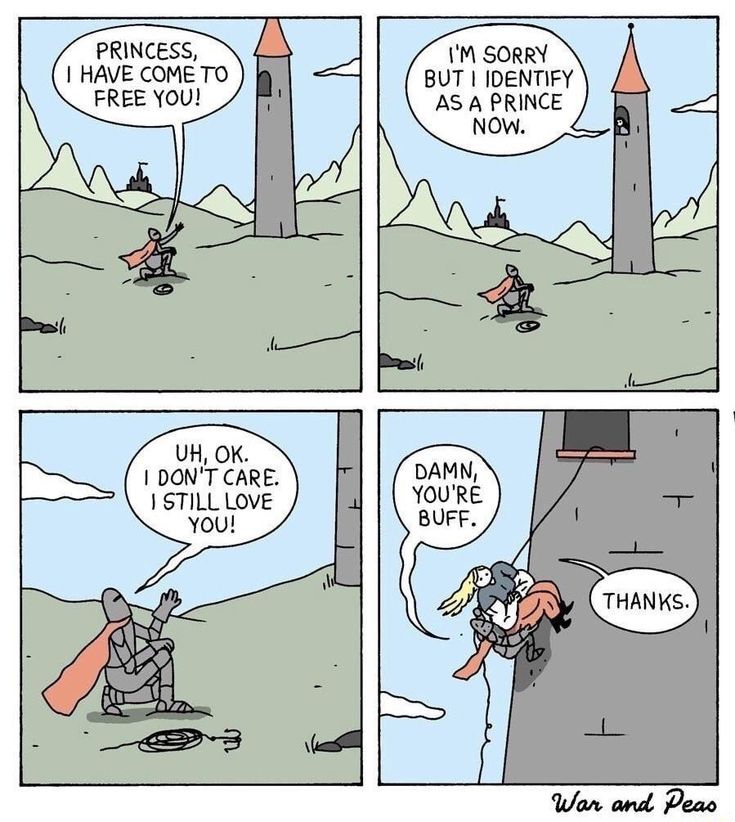
Your self-perception is important to your overall well-being, and spending time and energy on judgmental thinking can get you nowhere. It may take time for the people you love to understand any changes you make, but you’ll be happier in the long term if you’re true to yourself.
Seek outside help
If the stress ever gets to be too much, consider seeking outside help. This can come from a trustworthy friend or family member to talk to, or a mental health professional to help you resolve and cope with what’s going on.
Never feel afraid to ask for help. Life — especially big changes — can feel scary, but we all go through it.
Sense of self and identity is important to everyone. Although having an identity crisis can make you feel lost or frustrated, these types of crises can also be fundamentally helpful.
Questioning your sense of self, your purpose, and your values can help you gain a better sense of you who are and who you will be. Remember, change is a part of life, and looking back you will see that you’ve been changing all along.
If you’re experiencing a lot of major life stressors and you feel like you’re in a serious mental health crisis, contact a professional who can help you work through what you’re going through.
Q:
Do all adolescents experience an identity crisis, and how can parents support their children who might be going through this?
Anonymous patient
A:
Many people believe that adolescence is invariably a time of “storm and stress,” which may be partially attributable to identity formation or even “identity crisis.” However, research does not support this notion. Many adolescents make it through this developmental stage without issue, while some find themselves having moderate challenges that they are able to negotiate after some time and effort, or with some additional support. A small minority will have substantial issues that require intensive and ongoing supports. Whatever the case, all adolescents do find themselves defining and deciding upon “who they are,” as they are given more opportunities to be self-directive and autonomous during the transition to adulthood. It is important for parents to create an atmosphere of safety and openness, whereby adolescents feel comfortable sharing their insights and feelings without fear of judgement. Such a relationship will foster the types of conversations that will support adolescents through their transitions, whatever the level of challenge or “crisis.”
It is important for parents to create an atmosphere of safety and openness, whereby adolescents feel comfortable sharing their insights and feelings without fear of judgement. Such a relationship will foster the types of conversations that will support adolescents through their transitions, whatever the level of challenge or “crisis.”
Dillon Browne, PhDAnswers represent the opinions of our medical experts. All content is strictly informational and should not be considered medical advice.
Identity crisis: what to do if you lost yourself
Health
© Victorien Ameline/Unsplash
Author Vasilisa Kirilochkina
February 27, 2019
A personal crisis happens at least once in a lifetime. We seem to be stuck in limbo, where old values and aspirations no longer inspire, and new ones have not yet appeared. Pink figured out how to recognize the impending crisis and make the most of it.
Asking philosophical questions about the meaning of life and one's purpose is normal and even good. But if thinking about such important topics leads to a dead end, spoils your mood, interferes with normal functioning and drives you into a blues, you may be experiencing an identity crisis. For the first time this concept was introduced by the famous American psychologist Eric Erickson. In his writings, he paid special attention to the midlife crisis, but noted that any period of personality reshaping can lead to a loss of self-determination. The good news is that a competent way out of any crisis helps a person grow and develop.
There are a number of signs, by the combination of which an alarming state can be recognized. First of all, it is a painful search for oneself, which is accompanied by negative thoughts and frustration. If for a long time (more than a month) you are trying to rethink your purpose, values and aspirations, but do not get the desired answers, if every day at work you ask yourself “What am I doing here?” or look at your partner and think “Why are we together?”, you should carefully analyze your condition.
The impetus for a crisis can be severe stress and significant changes in life: loss or change of job, separation, loss of a loved one, serious illness, any severely traumatic experience or shock. The causes of the crisis lie not only in the bad. Moving to another continent that you have been dreaming about and planning for five years, or marriage can also become an impulse. If after the wedding you feel empty, this does not necessarily mean that you have chosen the wrong person: you just need to rethink your new status.
Advertising on RBC www.adv.rbc.ru
Sometimes a severe crisis and dissatisfaction with oneself can lead to depression - a dangerous condition that should never be started. It is better to consult a doctor, he can pick up a competent therapy. But in many cases, an identity crisis is just a transitional state that needs to be experienced. To make it easier, try special techniques.
© Jasmine Ornelas/Unsplash
An identity crisis is a great opportunity to really get to know yourself, discover something new and become more aware. So that the search for answers to the main questions of life, the universe and everything else is not so painful, try to change the tone of these questions.
So that the search for answers to the main questions of life, the universe and everything else is not so painful, try to change the tone of these questions.
For example, stop asking "Why?" and start asking "why?" The first question will force you to dig into the past, and the second will set you up to look for a solution in the future. Make up a questionnaire for yourself with all the important questions and fill it out. Remember, this is not an exam, so there are no wrong answers. Moreover, it is not necessary to answer all the questions at once, and the answers can change at any time. This includes asking yourself, “What cheers me up? What helps you get through a tough day? Write a list of everything that improves your mood, and refer to it as often as possible during a crisis (and indeed throughout your life).
In especially sad moments, a cup of hot chocolate, a walk with a friend, sports or even watching a reality show about repairs can help you: do not deny yourself pleasures and in no case blame yourself for them.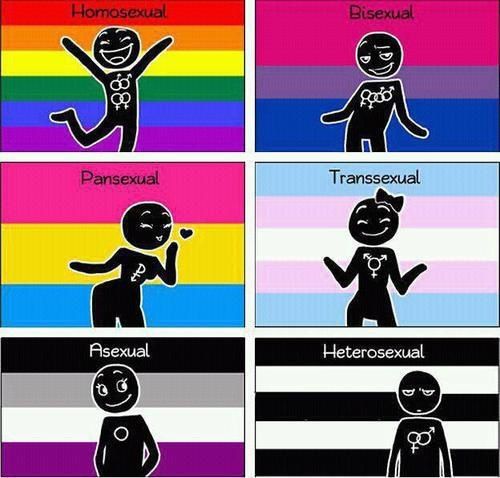 Another important question is “What makes my days meaningful?”. What helps you fall asleep with a sense of accomplishment, pride, and joy? Perhaps you are unhappy with your job and are not yet ready to look for an alternative - but you may well enroll in some useful volunteer program or courses to learn new skills. New knowledge, among other things, helps fight depression and increase the flexibility of the mind.
Another important question is “What makes my days meaningful?”. What helps you fall asleep with a sense of accomplishment, pride, and joy? Perhaps you are unhappy with your job and are not yet ready to look for an alternative - but you may well enroll in some useful volunteer program or courses to learn new skills. New knowledge, among other things, helps fight depression and increase the flexibility of the mind.
One is not a warrior in the field, even when it comes to internal throwing and searching. Social support really makes it easier to survive stressful situations, difficult emotional states and personality crises. Try to discuss your situation with friends and family - perhaps they too have gone through something similar or are going through right now, so they can share their experience. In any case, you can count on, if not advice, then at least empathy and support. If you feel that friendly empathy is not enough, do not be afraid to contact a psychologist or support groups (especially when it comes to a crisis after an illness or loss). Another great option is to join some kind of sports section: a team game brings people together and gives a lot of positive emotions.
Another great option is to join some kind of sports section: a team game brings people together and gives a lot of positive emotions.
© kevin laminto/Unsplash
Perhaps the most important thing in the story of finding yourself is to look for yourself, and not the image that meets someone's expectations: boyfriend, mother or society as a whole. At 30, you may find that you don't want to be the big boss at all. By refusing to climb the career ladder in a large company, you risk becoming an outsider in the eyes of society. Or let's say you're not ready to be a parent just yet. Buy an apartment. Get into a serious relationship. It can happen the other way around: while everyone around is constantly traveling, getting up for surfing, writing books and sitting on the splits, you just want to come home from work at six in the evening and watch TV shows.
Society can always judge you - when you do something, don't do it, or don't do it the way it's supposed to. But the beauty of society is that it is ephemeral and faceless. But real friends, good colleagues and loyal partners are quite real people. They are more likely to not judge choices that make you happy. Whatever you do, whatever values you adhere to and whatever ideals you strive for, you will always find like-minded people who will support you. So the main thing is to understand yourself. And the rest will follow.
But real friends, good colleagues and loyal partners are quite real people. They are more likely to not judge choices that make you happy. Whatever you do, whatever values you adhere to and whatever ideals you strive for, you will always find like-minded people who will support you. So the main thing is to understand yourself. And the rest will follow.
I lost myself as a person. I see no reason to live
Requests for help Write your story
I have lost myself as a person. I don’t feel anything.
I have no one to talk to about my problems, and indeed about everything. There are best friends to whom I decided to tell that I was very sorry. I did not feel sincerity. They consider it their duty to support, help. But none of them tried to me understand, it made me even worse, does no one want to understand me?
Depression overtook me 2 years ago. There was nothing left of that cheerful girl. Then I stopped communicating with everyone.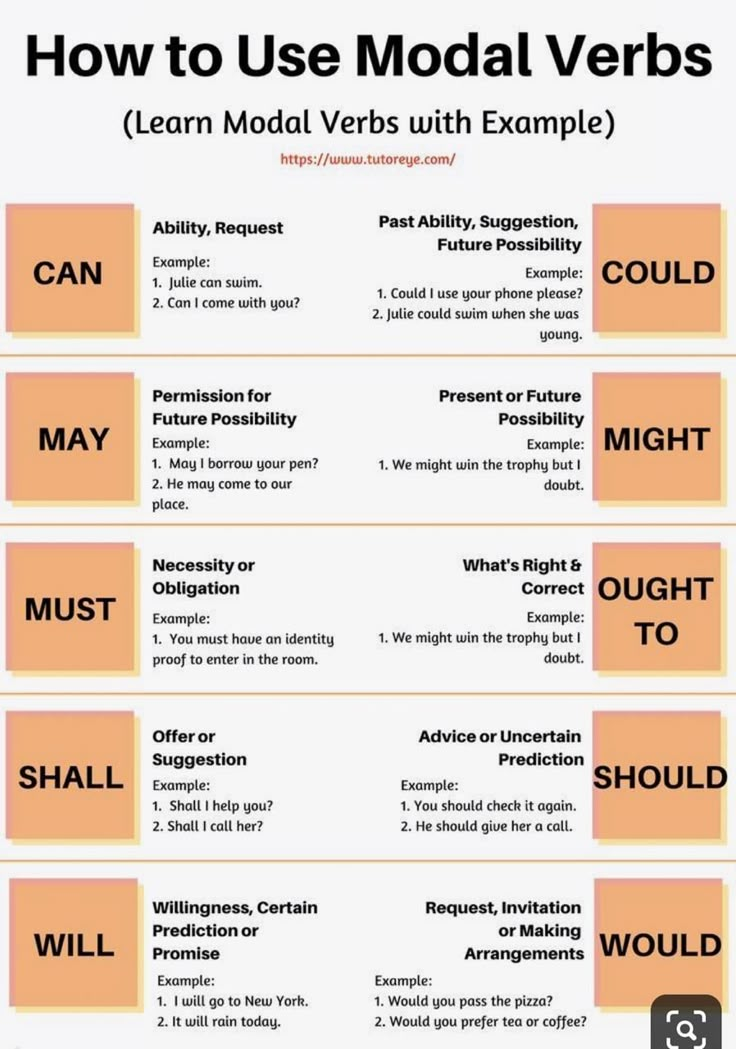 I copy the emotions of other people and paste them into my life, it sounds strange. But it is. which sometimes bother me. It remains a very sore subject for me. I have lost my appetite, I have lost a lot of weight. I don’t enjoy food as before. My parents noticed the changes, but they don’t do anything. They don’t care about me either. .I'm tired of waking up in the morning with a heaviness in my chest. Pain, disappointment, absent-mindedness, lack of concentration ..
I copy the emotions of other people and paste them into my life, it sounds strange. But it is. which sometimes bother me. It remains a very sore subject for me. I have lost my appetite, I have lost a lot of weight. I don’t enjoy food as before. My parents noticed the changes, but they don’t do anything. They don’t care about me either. .I'm tired of waking up in the morning with a heaviness in my chest. Pain, disappointment, absent-mindedness, lack of concentration ..
I see no reason to live, it seems to me that this is not the place.
I think the only way out is death.
B.K , age: 18 / 13.03.2019
Responses:
Hello!
You know what they say, the alien soul of darkness. This does not mean at all that they do not want to understand you or that they do not care about you. Parents, most likely, are worried, but do not know how to help and, most likely, do not know the depth of your feelings. Talk to them, ask for their help!
Parents, most likely, are worried, but do not know how to help and, most likely, do not know the depth of your feelings. Talk to them, ask for their help!
There are sites with free psychologists, write there. And in general, probably, it is necessary to address to the doctor that they have prompted as to cope.
Don't be offended by your friends either. Can you always understand another person, especially if you have never felt like this. So the fact that they want to help is great! The fact that they cannot fully understand is not scary. Sometimes even the person himself does not understand what is wrong with him and how to fix it.
Do not give up. Try all options: doctors, psychologists, prayer! You will definitely make it!!
Marina, age: 40/03/14/2019
Hello. Sunny, childhood is already behind you, you are an adult, almost independent, and slowly, over time, you will no longer need the care of your parents so badly. So just wait. Over time, your views will change, and the principles, and even some requirements. You ask for what to live for, there is no definite answer, since each person chooses his own path, strives for something, but I can say with confidence that we live once, there will be no spare chances. Therefore, look for your meaning, what is closer to you, maybe study, maybe a career, maybe travel, maybe charity, maybe family, children, etc. Depression is treatable, see a doctor, don't expect it to go away on its own. Health to you!
So just wait. Over time, your views will change, and the principles, and even some requirements. You ask for what to live for, there is no definite answer, since each person chooses his own path, strives for something, but I can say with confidence that we live once, there will be no spare chances. Therefore, look for your meaning, what is closer to you, maybe study, maybe a career, maybe travel, maybe charity, maybe family, children, etc. Depression is treatable, see a doctor, don't expect it to go away on its own. Health to you!
Irina, age: 03/31/2019
I wonder about all this, but what awaits you after death? I think you need to contact the church, because what you write says about the intervention of dark forces. If you are not a believer, then sign up for a psychotherapist. you will see life in a new color. The main thing is not to give up, because these are not your thoughts, it just seems to you that you think so. Life is a gift from God and must be protected in any way.









